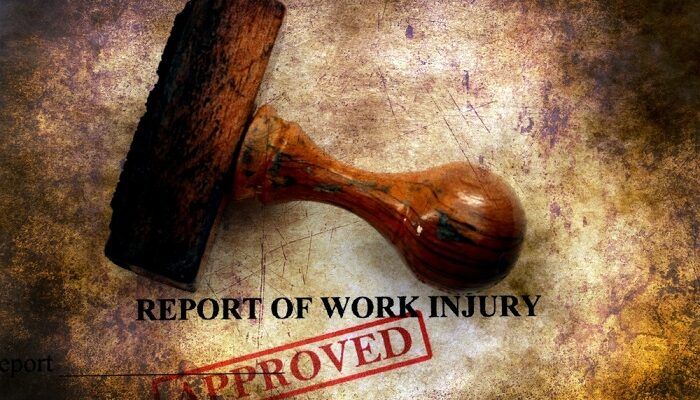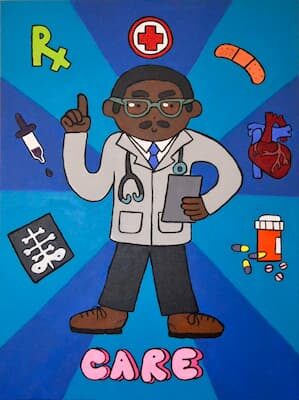Nurses are at risk for work-related musculoskeletal injuries (WMSD.) A study addressed whether a Nurse’s Work Shift impacted WMSDs.
This article will discuss Nursing, Nursing Shifts, and how particular Shift Work may impact industrial injuries.
What Are Nursing Duties? What Makes Nurse at Risk for Injury?
Nursing Duties are physically demanding. Patient care can require individuals to work in awkward positions and deal with individuals whose weight can shift at any moment.
“WMSDs(work-related musculoskeletal disorders) in nurses are mainly caused by shifting patients (which includes helping patients turn over or get in and out of bed), routine treatments in nursing, poorly designed work environments, and remaining active for prolonged periods of time.4 The physiological loads created by these nursing activities are all risk factors of WMSDs in nurses.” Chang WP, Peng YX. Differences between fixed day shift nurses and rotating and irregular shift nurses in work-related musculoskeletal disorders: A literature review and meta-analysis. J Occup Health. 2021 Jan;63(1):e12208. doi: 10.1002/1348-9585.12208. PMID: 33682989; PMCID: PMC7938703.
Likewise, “cllinical nurses must deal with daily routine work in busy wards, patient care and treatment, and correspondence for various matters. Their jobs are time‐consuming, complicated, and full of stress, and they are often on tight schedules, all of which are associated with WMSDs.” Supra.
What Musculoskeletal Body Parts Do Nurses Injure?
Nurses are susceptible to injury for every body part imaginable. This includes the neck, shoulders and back.
Nurses are prone to WMSDs in the lower back, shoulders, neck, back wrists, knees, and ankles. Supra.
What are Shifts?
Hospitals and other medical facilities provide 24 hours a day service for 7 days a week. Thus, the facilities have various work shifts. Some facilities may have 8-hour shifts, some 10-hour shifts, and others 12-hour shifts.
What Shifts are There?
Within an 8-hour format, there is generally a morning shift, an evening shift, and an overnight shift.
How Do Nurses’ Shifts Vary?
Nurses can have regular fixed shifts. Also, there are Nurses who have rotating or irregular shifts.
What was the Study About?
The study focused on Nurses who worked rotating and irregular shifts. The theory of the study was that “working rotating and irregular shifts, which causes the physiological burden of disrupted circadian rhythms in the body, may also exacerbate muscle tension and pain.” Differences between fixed day shift nurses and rotating and irregular shift nurses in work-related musculoskeletal disorders: A literature review and meta-analysis. J Occup Health. 2021 Jan;63(1):e12208. doi: 10.1002/1348-9585.12208. PMID: 33682989; PMCID: PMC7938703.
What Were the Results?
The study “indicated that RS (rotating shifts) + IS (irregular shifts) nurses are more likely to experience back pain associated with WMSD than are FDS (fixed day shift) nurses.” Differences between fixed day shift nurses and rotating and irregular shift nurses in work-related musculoskeletal disorders: A literature review and meta-analysis. J Occup Health. 2021 Jan;63(1):e12208. doi: 10.1002/1348-9585.12208. PMID: 33682989; PMCID: PMC7938703.
In sum, Nurses working irregular shift are more likely to experience musculoskeletal disorders.
As a Lawyer, Are There Any Reasons That May Cause the Higher Rate?
In my opinion, irregular shifts can include irregular routines. Nurses who have regular shifts may have better understanding of their shift’s physical requirements. Also, they may be more familiar with their surroundings. Thus, they are able to take better precaution to prevent injury.
What If I Need Advice?
If you would like a free consultation regarding workers’ compensation, please contact the Law Offices of Edward J. Singer, a Professional Law Corporation. We have been helping people in Central and Southern California deal with their workers’ compensation cases for over 28 years. Contact us today for more information.


